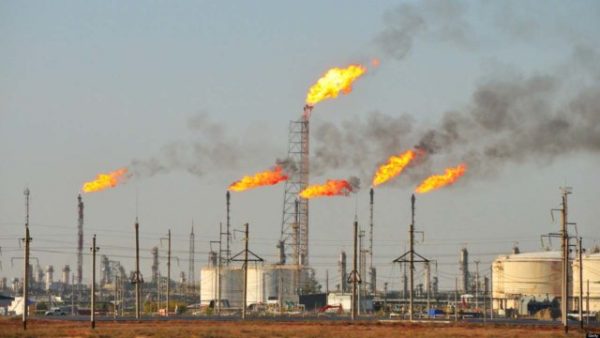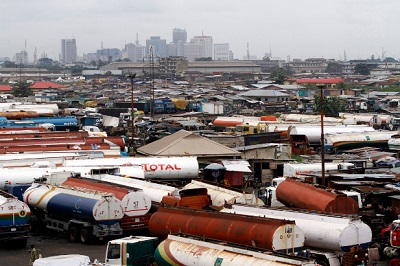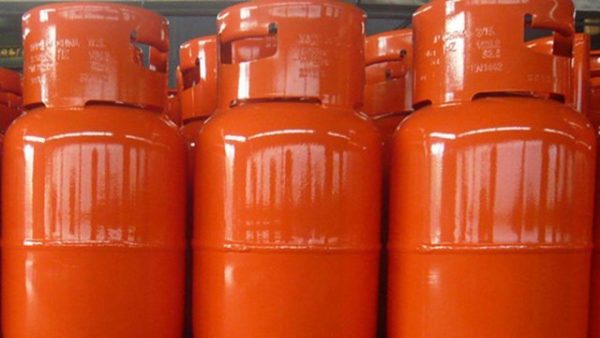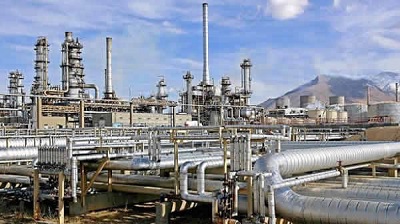OIL & GAS
Oil Companies Oppose FG’s Penalties Over Gas Flaring
Oil and gas companies have committed to gas flare reduction in Nigeria though some of them opposed the enforcement of penalties for gas flaring as contained in the Petroleum Industry Act 2021.
Speaking during a session at the ongoing 2022 Nigeria Oil and Gas conference in Abuja, the Managing Director, TotalEnergies Exploration and Production Nigeria Limited, Mike Sangster, said efforts by operators were being increased to reduce carbon emissions from gas flaring.
He, however, stated that the adoption of penalties to address the concern was not an answer, stressing the international oil company, as well as others had developed programmes to manage the situation. Sangster said, “I don’t think penalties are the answer to reducing gas flaring. Likewise we have a very active programme at the company to reduce carbon footprint.
“So every month we are looking at our fuel gas consumption, we are looking at emissions and also looking at ideas and ways that we can drive down on carbon emissions. Therefore I don’t the think penalties are the way to go.”
The TotalEnergies boss stated that oil firms should be encouraged to move towards more gas production for the indigenous market and for export.
Sangster said, “I think we have to make good business sense and I agree to the transition towards more gas development. We will maximise our oil production for sure, but I think we all want to move towards more gas for the domestic market and also for export.
“So anything that can be done to facilitate the demand for gas is encouraging. And I know there is an idea to move at some point towards a willing-buyer willing-seller model in the PIA.”
The Group Chief Executive Officer, Vurin Group, an oil and gas firm, Victor Ude, stated that aside from boosting gas production in Nigeria, the decade of gas declaration by government in 2020 was also aimed at reducing gas flaring.
He said operators in the sector had keyed into the declaration and were making efforts to cut down on flared gas, adding that some level of progress had been made in this direction.
Ude said, “The government has declared the decade of gas and gas is a transition fuel. So this gives us the opportunity by way of regulation and policy to accept the complimentary efforts of gas as well as the supplantation of gas in terms of fossil fuels and the decarbonisation as we know today.
“That in itself is progress but it needs to be sustained and beyond sustenance we also need to invest in other sources such as renewables. The government needs to look in this direction. Certain policies are enshrined in the PIA and they will help in development for much more progress.”
On his part, the Chief Executive, Nigeria Upstream Petroleum Regulatory Commission, Gbenga Komolafe, explained that to safeguard the environment, the Federal Government through the PIA had recommended that penalties from gas flaring be utilised for the purpose of environmental remediation and relief to host communities.
This, he said, was provided under Sections 52 (7d), 104 (4) of the Petroleum Industry Act.
Komolafe said the whole intent of the Act was to ensure that the commission was fully equipped statutorily to discharge on its mandates.
“It is gratifying that the commission has effectively been deploying its statutory powers within the PIA environment to ensure an effective and predictable regulatory environment in the sector,” the NUPRC boss stated.






